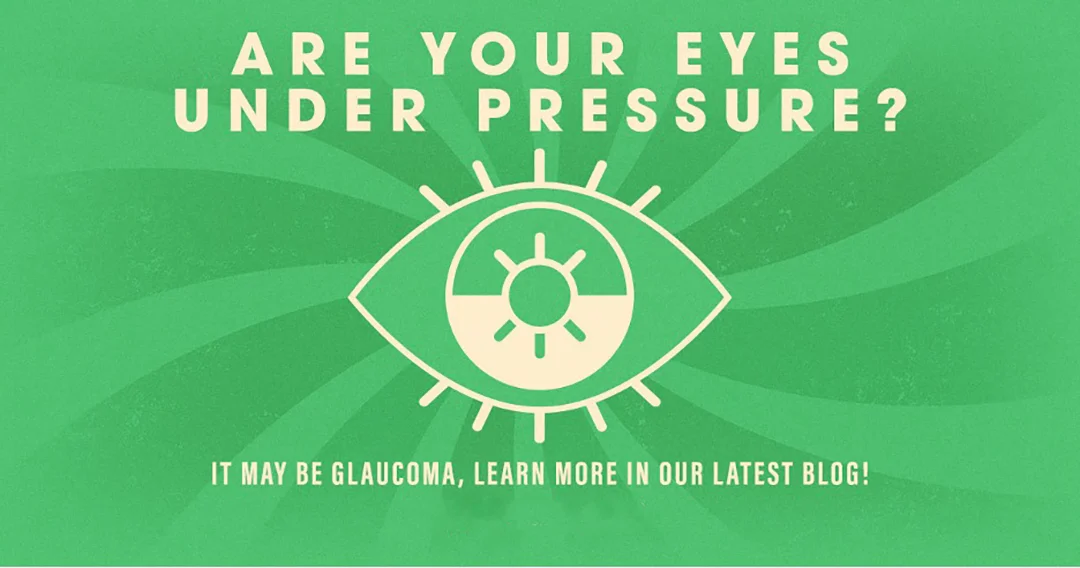Have you ever heard of the connection between Glaucoma and Diabetes? Glaucoma is the leading cause of vision loss worldwide, and those diagnosed with diabetes are twice as likely to develop glaucoma or diabetic retinopathy. Let’s take a closer look at the relationship between these two conditions.
What is Glaucoma?
Glaucoma is a condition that occurs when fluid builds up in the eye, creating pressure that can damage the optic nerve. If left untreated, it can cause permanent vision loss or even blindness. There are several types of glaucoma, but open-angle glaucoma is the most common form affects more than 3 million Americans each year. Open-angle glaucoma happens when the eye’s drainage canals become clogged.

How Diabetes Affects Your Eyes:
Recent studies have found an association between type 2 diabetes and open-angle glaucoma. This connection appears to be related to changes in blood sugar levels that occur in those with diabetes. High blood sugar levels can lead to inflammation. In turn, this can lead to an increase in the production of intraocular fluid, ultimately leading to open-angle glaucoma. There is also evidence that suggests people with diabetes are more likely to develop secondary forms of glaucoma. This is due to complications such as cataracts or retinal detachment.
Treatment Options for Glaucoma:
As research efforts have been conducted over the years, many treatment options have been developed for glaucoma. Some of the most common ones include:
Injections: Medicines called anti-VEGF drugs can slow down or reverse diabetic retinopathy. Other medicines, called corticosteroids, can also help.
Laser Treatment: To reduce swelling in your retina, eye doctors can use lasers to make the blood vessels shrink and stop leaking.
Surgery: If your retina is bleeding a lot or you have a lot of scars in your eye, your eye doctor may recommend a type of surgery called a vitrectomy.
Prevention & Treatment for Diabetes:
If you have diabetes or pre-diabetes, the best way to prevent or treat glaucoma is by controlling your blood sugar levels. Regular exercise and healthy eating habits can also help keep your blood sugar under control and reduce the risk for developing both conditions simultaneously. Additionally, getting regular eye exams and dilated eye exams is important for early detection and treatment of any vision changes associated with either condition. It’s also important to talk to your doctor about any other risk factors you may have so they can recommend appropriate treatments or lifestyle modifications accordingly.

Are you considering getting involved in clinical trials? MyLocalStudy is here to help! Click here to learn more studies enrolling near you today.
Resources:

